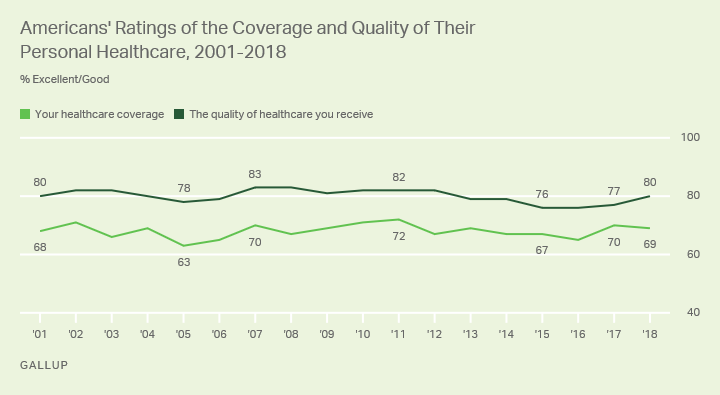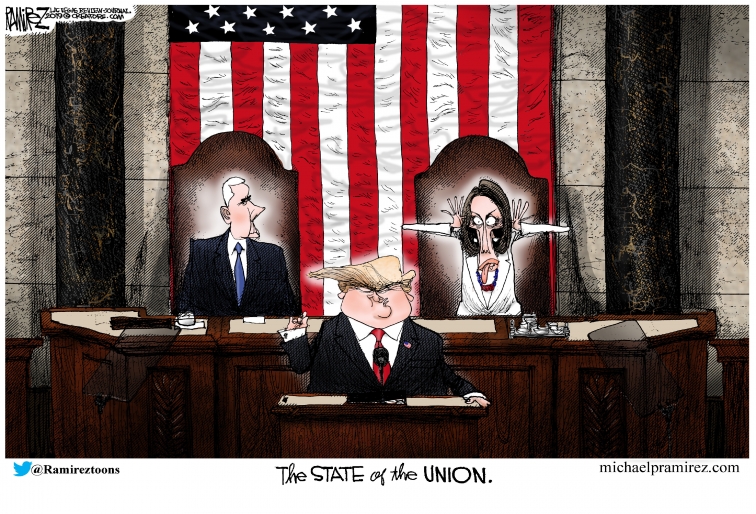For months since its announcement, CFIF has enthusiastically supported the proposed T-Mobile/Sprint merger, based upon the myriad benefits that it offers the American economy and consumers.
Among those benefits, lower consumer prices stand among the most prominent. Well, that prospective benefit is already coming to fruition.
Specifically, in a letter this week to the Federal Communications Commission (FCC), T-Mobile Chief Executive Officer John Legere committed to maintaining “the same or better rate plans” for the next three years as the merger occurs:
Critics of our merger … have principally argued that we are going to raise rates right after the merger closes. I want to reiterate, unequivocally, that New T-Mobile rates are NOT going to go up. Rather, our merger will ensure that American consumers will pay less and get more…
If we broke faith by raising rates and cutting back benefits, we would lose our loyal customers and destroy the future of our brand. I want to assure you that we would never do this. My management team and I can make this personal commitment because we believe in delivering on our promises, and we k now if we do not, we will lose credibility and the trust of our customers. Our business plan and our future success are centered around building a world class 5G network for everyone and delivering more to consumers for less.
To remove any remaining doubt or concerns about New T-Mobile’s prices while we are combining our networks over the next three years, T-Mobile today is submitting to the Commission a commitment that I stand behind – a commitment that New T-Mobile will make available the same or better rate plans for our services as those offered today by T-Mobile or Sprint. We believe this merger makes consumers better off, and we’re willing to put our money where our mouth is. Period.
Of course, that’s not the only benefit to the American economy and consumer marketplace, as we’ve detailed.
Among other important improvements, the T-Mobile/Sprint merger would add another major competitor to the existing marketplace, and combine their current differing but complimentary assets. The result will be more jobs, faster wireless, quicker transition to 5G technology in America, more choices for consumers, greater private telecommunications investment and all of the consequent innovation that market competition entails.
Nevertheless, the fact that the benefits to American consumers in terms of pricing are already arriving confirms the soundness of this proposed merger.
It’s certainly something for the House Judiciary and Energy & Commerce Committees must acknowledge at their joint hearing next week. The alternative to a T-Mobile/Sprint merger is less investment, fewer jobs, less market competition, more harmful government intervention into the economy, slower 5G deployment and one fewer competitive market participant.
That’s simply an unacceptable and indefensible alternative.



 CFIF Freedom Line Blog RSS Feed
CFIF Freedom Line Blog RSS Feed CFIF on Twitter
CFIF on Twitter CFIF on YouTube
CFIF on YouTube